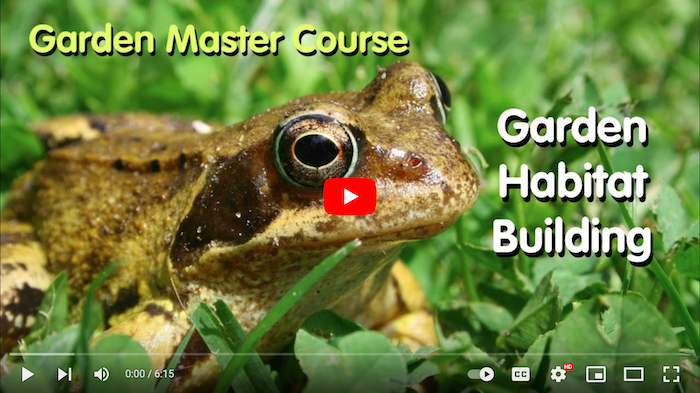








[img]http://i109.photobucket.com/albums/n52/havlik1/permie%20pics2/permiepotrait3pdd.jpg[/img]
"One cannot help an involuntary process. The point is not to disturb it. - Dr. Michel Odent




www.thehappypermaculturalist.wordpress.com




The ultimate goal of farming is not the growing of crops, but the cultivation and perfection of human beings. - Masanobu Fukuoka





Idle dreamer








Idle dreamer








South Carolina Hemp | Seed Swap via Letter | Livingwind.tumblr.com | sustainable seed co





South Carolina Hemp | Seed Swap via Letter | Livingwind.tumblr.com | sustainable seed co








hoodat wrote:
IMHO the biggest mistake you can make is to keep your garden 100% weed free. What might be a weed to you could be home sweet home to a predator. My plants usually do fine so long as the weeds don't deprive them of sunlight. In a healthy soil there is plenty of nutrition to support a few weeds along with your edibles. The nutrition they do use goes back into the soil as compost anyway.
South Carolina Hemp | Seed Swap via Letter | Livingwind.tumblr.com | sustainable seed co
 1
1

















www.thehappypermaculturalist.wordpress.com





Explore the Permies Digital Market - ebooks, movies, building plans, courses, and more. Oh my!



|
One blast from the ray gun turned half a town into a guy named ray. Just like this tiny ad:
Looking for cold-climate growers to join a GOOF livestream panel (Missoula)
https://permies.com/t/369111/cold-climate-growers-join-GOOF
|



